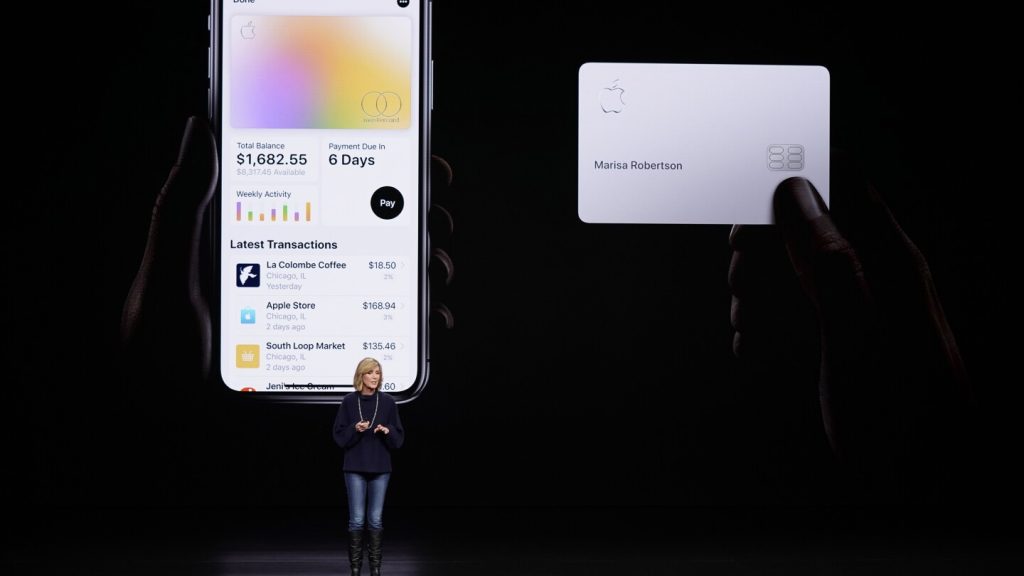Apple and Goldman Sachs were ordered by a federal regulator to pay a combined $89 million for deceiving consumers and mishandling transaction disputes of Apple Card customers. The Consumer Finance Protection Bureau found that Apple failed to send tens of thousands of Apple Card disputes to Goldman, leading to long waits for consumers to get their money back from disputed charges and incorrect negative information being added to their credit reports. Additionally, Apple and Goldman were accused of misleading customers about interest-free payments for the credit card, resulting in consumers being charged interest when they thought they would receive interest-free financing when purchasing Apple devices.
In response to the allegations, Apple stated that it had addressed the issues with Goldman Sachs years ago and strongly disagreed with the CFPB’s characterization of their conduct. They defended the Apple Card as a consumer-friendly credit card designed to support users’ financial health. Goldman Sachs spokesperson Nick Carcaterra echoed this sentiment, stating that the investment bank was proud of the credit card product developed with Apple and pleased to reach a resolution with the CFPB. Both companies maintained that they had already worked to assist impacted customers.
The CFPB’s action on Wednesday ordered refunds for consumers and imposed penalties on Apple and Goldman Sachs. Apple was required to pay a $25 million penalty, while Goldman Sachs faced a $45 million penalty and at least $19.8 million in redress. The agency also barred Goldman from launching another new credit card unless it could prove compliance with the law. CFPB Director Rohit Chopra emphasized the real harm caused to hundreds of thousands of Apple Card users and stressed that Big Tech companies and Wall Street firms should not act as if they are exempt from federal law.
Apple partnered with Goldman Sachs to launch the Apple Card in 2019, running on the Mastercard network and deeply integrated into Apple Pay. The CFPB suggested that the card was launched prematurely, with warnings about technological issues from third parties prior to its launch. Goldman’s foray into consumer banking has faced challenges, with the recent termination of its credit card partnership with General Motors and the appointment of Barclays as its replacement. The regulator’s order highlights the importance of compliance with consumer protection laws for both financial institutions and tech companies in the current regulatory environment.


